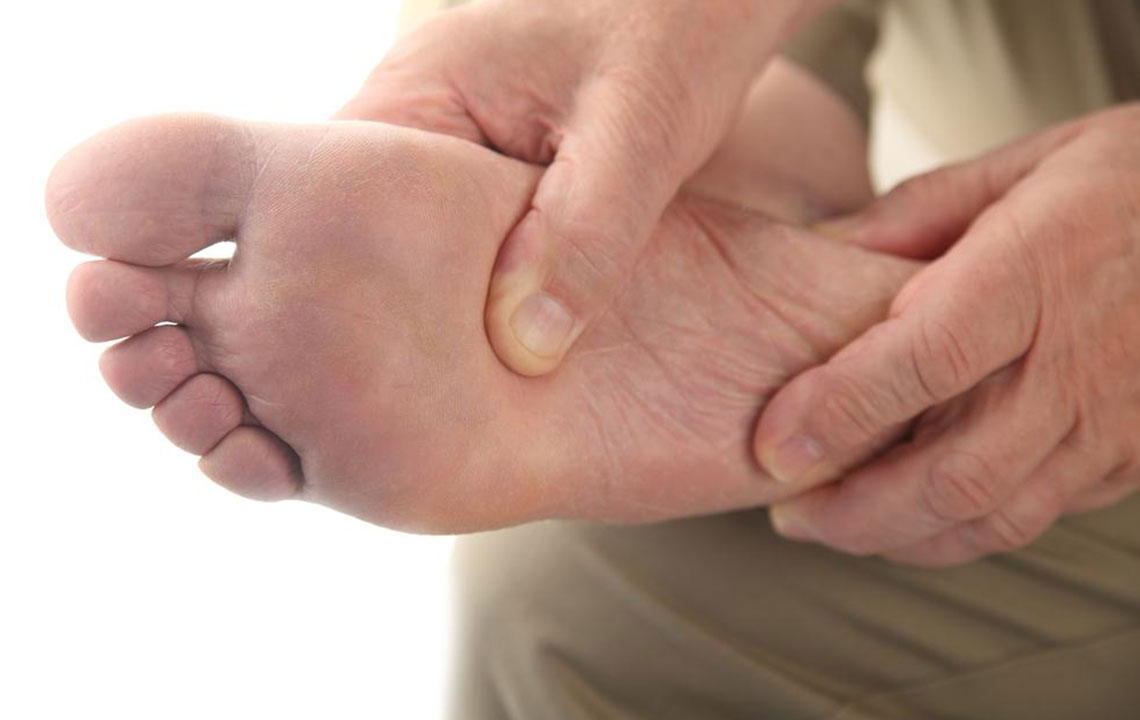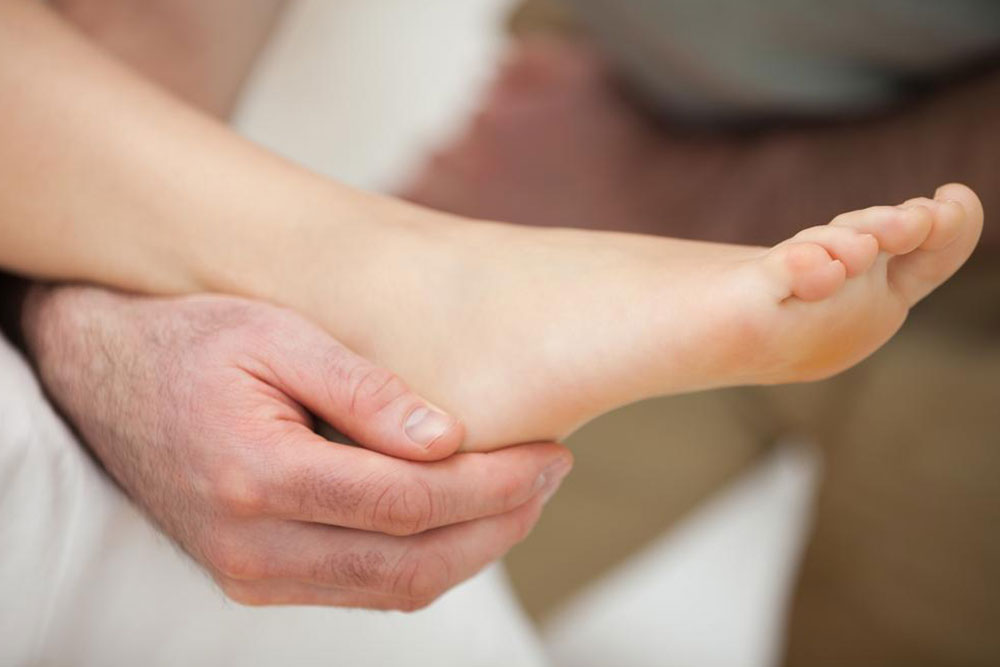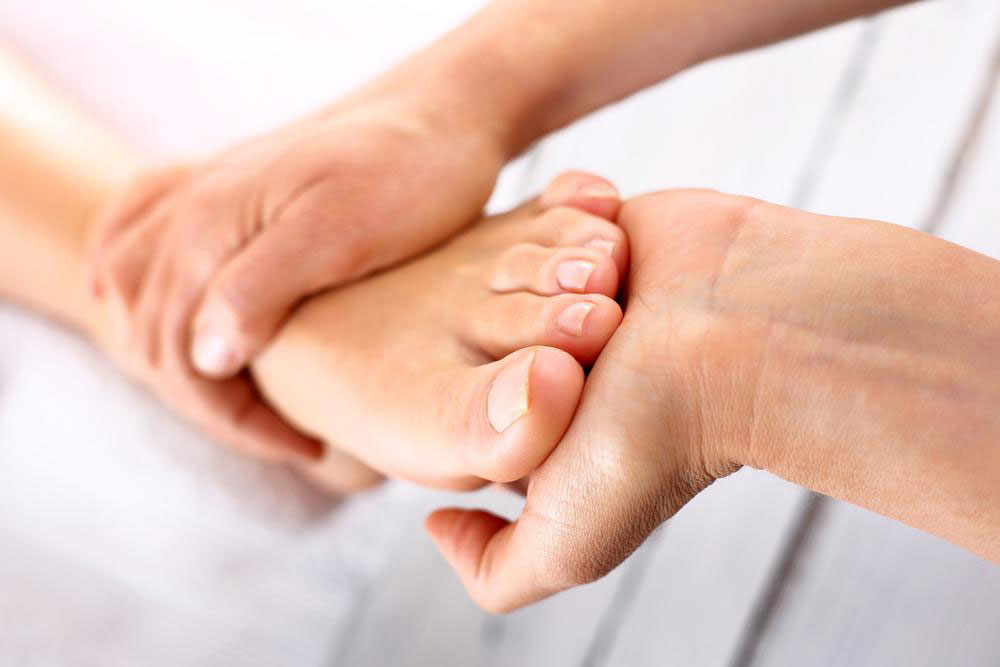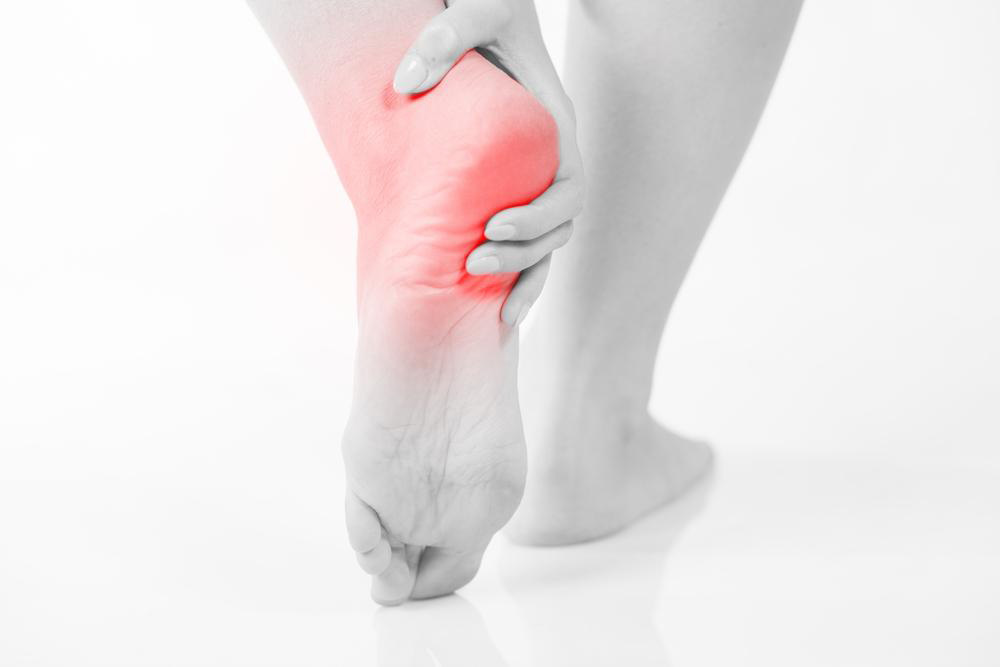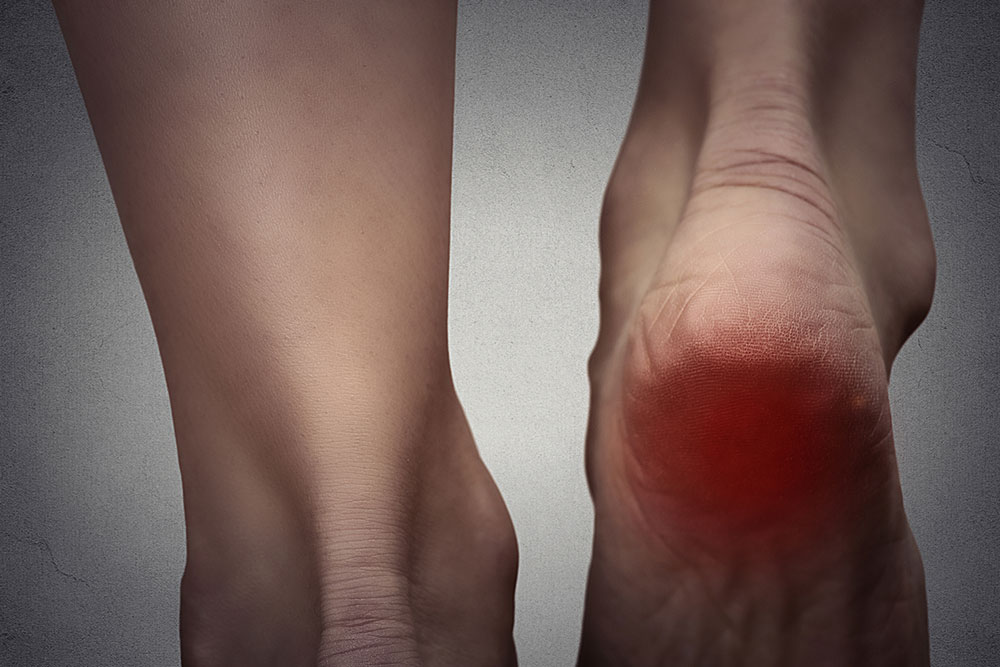Natural Solutions for Heel Discomfort Relief
Discover effective natural remedies to soothe heel pain, understand common causes, and learn when to seek medical assistance. This comprehensive guide covers practical tips including stretching, proper footwear, cold therapy, and massage to alleviate discomfort. Maintaining a healthy weight and avoiding high-impact activities can significantly help. When pain persists, professional diagnosis and treatment, including physical therapy or surgical options, may be necessary to restore foot health and mobility.
Sponsored
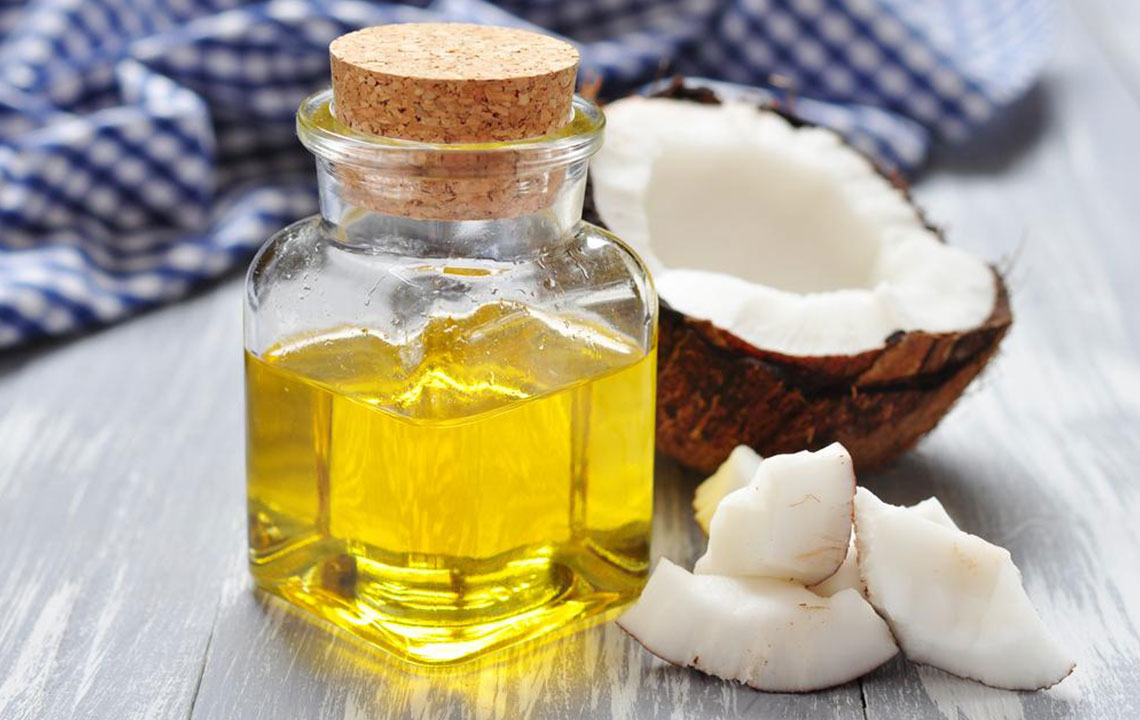
A sedentary lifestyle and excess weight can put significant strain on the heels. Comprising 26 bones, 33 joints, and over 100 tendons, the heel is the largest part of the foot. Overuse or injury can lead to heel pain, often felt at the bottom or arch of the foot. Carrying extra weight reduces blood flow and exacerbates discomfort, making daily activities difficult. This article highlights common causes of heel pain and effective natural remedies to alleviate it.
Heel pain often manifests in the arch or bottom of the heel and worsens with movement. It is typically more noticeable in the morning and can result from factors like ill-fitting or worn-out shoes.
Common causes of heel pain include:
Plantar fasciitis: Excess pressure on the heel causes stiffness and damages the plantar fascia ligament—connecting the heel to the front foot. Injury to this ligament results in severe pain and limited mobility.
Sprains and strains: Intense physical activity without proper guidance can cause ligament injuries and joint sprains.
Fractures: A broken bone from falls, accidents, or sports injury requires immediate medical attention.
Achilles tendinitis: Swelling and pain occur in the tendon connecting calf muscles to the heel, often from overuse. Persistent pain necessitates medical consultation.
Bursitis: Inflamed bursae—fluid-filled sacs reducing friction—lead to pain, especially with movement.
Osteochondrosis: A condition affecting bone growth in children and teenagers.
Reactive arthritis: Inflammation triggered by infections causes heel discomfort.
Several home remedies can help reduce heel pain:
Maintaining a healthy weight and healthy diet to lessen stress on feet.
Applying an ice pack for 10-15 minutes twice daily to decrease swelling.
Wearing properly fitted shoes to avoid unnecessary pressure.
Using orthotic inserts or heel lifts for additional support.
Performing stretching exercises to strengthen foot ligaments.
Wearing ankle or foot splints to stretch calf muscles and arch muscles.
Avoiding high-impact activities like jogging; opt for swimming or cycling instead.
Rolling a tennis ball under the foot to relieve tension.
Incorporating arch supports for even pressure distribution.
Using heel pads for comfort.
Soaking feet in warm Epsom salt water to ease pain.
Taking over-the-counter pain relievers such as ibuprofen or naproxen.
Limiting use of high heels, especially regularly wearing them can worsen the condition.
Replacing worn-out footwear with supportive sports shoes for workouts and daily wear.
Massaging heels with sesame oil to improve blood flow and reduce tension.
If symptoms persist, consulting a healthcare professional is essential. The doctor may recommend medications, specific exercises, or in rare cases, surgery. Physical therapy can strengthen foot tendons and muscles, offering relief and preventing future issues.

